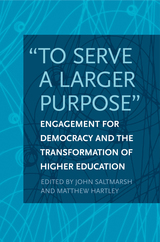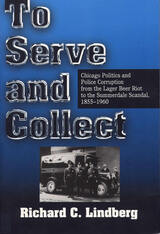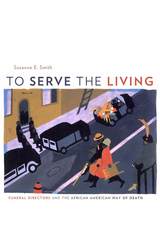


research and teaching in higher education? What have universities done
to recognize the difficulties facing academic parents, single mothers
and fathers, graduate students, lesbian and gay couples? What pro-family
policies can be enacted during institutional budget crises?
At a time when the academy is an ever more demanding arbiter and shaper
of the lives of those it employs, The Family Track: Keeping Your Faculties
While You Mentor, Nurture, Teach, and Serve discusses the challenges
and benefits of balancing a rewarding professional life with the competing
needs to nurture children, care for aging parents, and engage in other
personal relationships. Here academic women and men explore issues that
include biological and tenure clocks, childcare and eldercare, surrogate
parenting of students, and increasing job demands. In telling stories
about the quality of their lives, they express their hopes, anxieties,
difficulties, and personal strategies for maintaining a delicate but achievable
balance.
"Lively, well-written, useful, and persuasive … The Family
Track reveals much on family roles within the academy and suggests
many specific projects and guidelines for Institutional change."
-- Judith Kegan Gardiner, editor of Provoking Agents: Gender and Agency
in Theory and Practice

"To Serve a Larger Purpose" calls for the reclamation of the original democratic purposes of civic engagement and examines the requisite transformation of higher education required to achieve it. The contributors to this timely and relevant volume effectively highlight the current practice of civic engagement and point to the institutional change needed to realize its democratic ideals.
Using multiple perspectives, "To Serve a Larger Purpose" explores the democratic processes and purposes that reorient civic engagement to what the editors call "democratic engagement." The norms of democratic engagement are determined by values such as inclusiveness, collaboration, participation, task sharing, and reciprocity in public problem solving and an equality of respect for the knowledge and experience that everyone contributes to education, knowledge generation, and community building. This book shrewdly rethinks the culture of higher education.

Crooked politicians, gangsters, madams, and cops on the take: To Serve and Collect tells the story of Chicago during its formative years through the history of its legendary police department.

From antebellum slavery to the twenty-first century, African American funeral directors have orchestrated funerals or “homegoing” ceremonies with dignity and pageantry. As entrepreneurs in a largely segregated trade, they were among the few black individuals in any community who were economically independent and not beholden to the local white power structure. Most important, their financial freedom gave them the ability to support the struggle for civil rights and, indeed, to serve the living as well as bury the dead.
During the Jim Crow era, black funeral directors relied on racial segregation to secure their foothold in America’s capitalist marketplace. With the dawning of the civil rights age, these entrepreneurs were drawn into the movement to integrate American society, but were also uncertain how racial integration would affect their business success. From the beginning, this tension between personal gain and community service shaped the history of African American funeral directing.
For African Americans, death was never simply the end of life, and funerals were not just places to mourn. In the “hush harbors” of the slave quarters, African Americans first used funerals to bury their dead and to plan a path to freedom. Similarly, throughout the long—and often violent—struggle for racial equality in the twentieth century, funeral directors aided the cause by honoring the dead while supporting the living. To Serve the Living offers a fascinating history of how African American funeral directors have been integral to the fight for freedom.
READERS
Browse our collection.
PUBLISHERS
See BiblioVault's publisher services.
STUDENT SERVICES
Files for college accessibility offices.
UChicago Accessibility Resources
home | accessibility | search | about | contact us
BiblioVault ® 2001 - 2024
The University of Chicago Press









